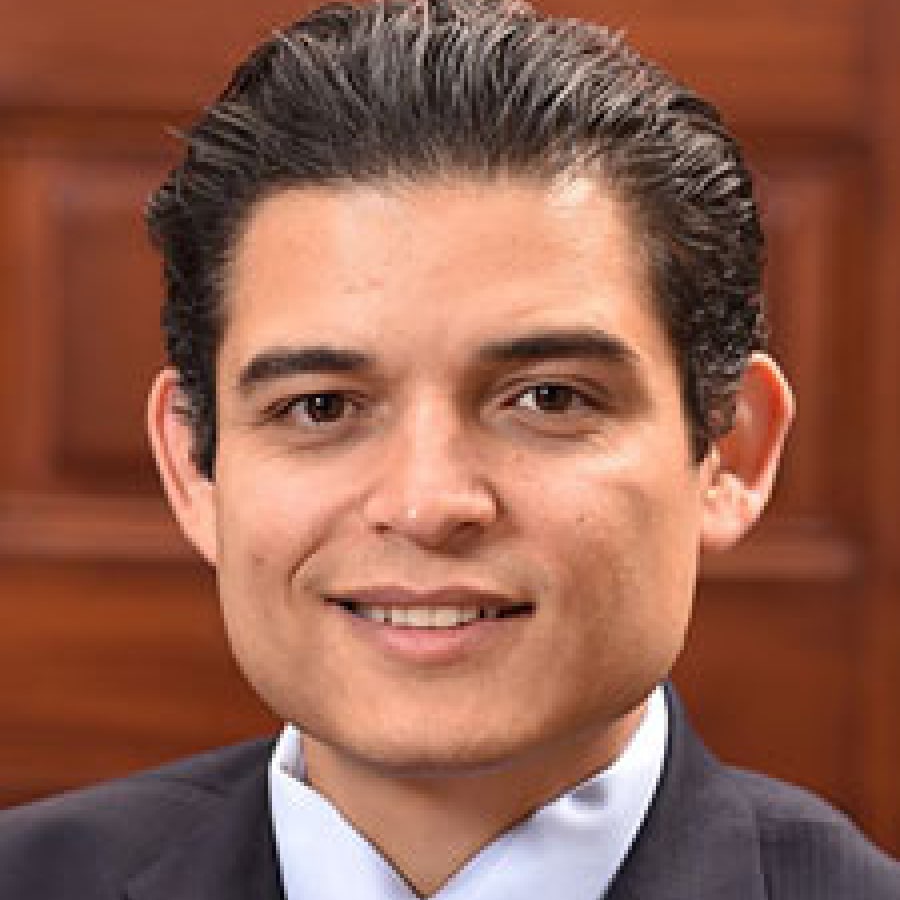Police Reports and Tickets From a Virginia Lawyer’s Perspective
Two of the most common questions that I hear from clients are regarding police reports and tickets/traffic citations. Usually, the client wants to know why we cannot just give the jury the police report or why we cannot tell the jury that the defendant was given a ticket. Absent special circumstances, both of these items are not evidence, and they are inadmissible.
In Fairfax County Circuit Court, former Judge Klein would sometimes explain to the jury why they won’t see the police report:
“We often believe that in every automobile accident, a police officer comes to the scene and prepares a written report. Initially, I do not know if a police officer came to the scene of this collision, nor do I know whether any type of report was prepared in the event that a police officer did come to the scene. However, even if a police officer did come to the scene, you will not hear anything about any accident report because even if one were prepared, under Virginia law, neither side is allowed to introduce any such report into evidence or ask any witness any questions concerning its contents. Therefore, when you do not hear anything about an accident report, please don’t hold that against the plaintiff, and please don’t hold that against the defendant. You are to decide this case based solely upon the testimony and evidence you will hear and see in this courtroom and the instructions of law that I will give you at the conclusion of the presentation of the evidence.”
The relevant law states in part:
All accident reports made by investigating officers shall be for the confidential use of the Department and of other state agencies for accident prevention purposes and shall not be used as evidence in any trial, civil or criminal, arising out of any accident.
There are several commonly accepted reasons why police reports are inadmissible. The first is that courts worry that if a police report is given to the jury, they will put too much weight on what it says. In a case in the Supreme Court of Virginia, the Court stated that “the rationale of the statute is that the report, although routinely and sometimes hurriedly made,. . . nevertheless carries with it the stamp of a written and official document to which a jury could attach more weight than it is properly due.” Davis v. Colgin, 219 Va. 5 (1978). This is especially problematic because a police report may contain errors or incomplete information. For example, many times, passengers are not included in the police report.
Second, consider what happens when the police arrive at the scene. Almost always, the accident has already occurred so the police officer has no independent knowledge of what happened, and instead, he simply interviews the drivers and then writes down what they say. Sometimes, he will make a decision on who he believes or what he sees, and he may decide to give someone a ticket. In other words, oftentimes, the only thing the officer knows is what the litigants have told him. This is what is referred to as hearsay. To put it in simplified terms, hearsay is when witness A (the police officer) tries to tell the court what witness B (the driver) told him. Generally, the rule is that if we want to know what Witness B said, then Witness B needs to tell the court.
For the same reasons, tickets and traffic citations are also generally inadmissible. The officers are not infallible, and they make educated decisions based on their experience, knowledge, the credibility of the drivers, and what they see at the crash scene, but it may have too much influence on the jury. Therefore, tickets are generally not admissible. There is an exception to this rule. If the defendant pre-paid the ticket or goes to court and admits he is guilty, then his admission can be used against him. Va. Code § 8.01-418.
The overriding principle of all these rules is that when two litigants are in Court, the jury’s verdict should be based on the jury judging the credibility of the evidence and the litigants. The verdict should not be based on what the police officer saw, heard, or what he thought of the driver’s or crash.



